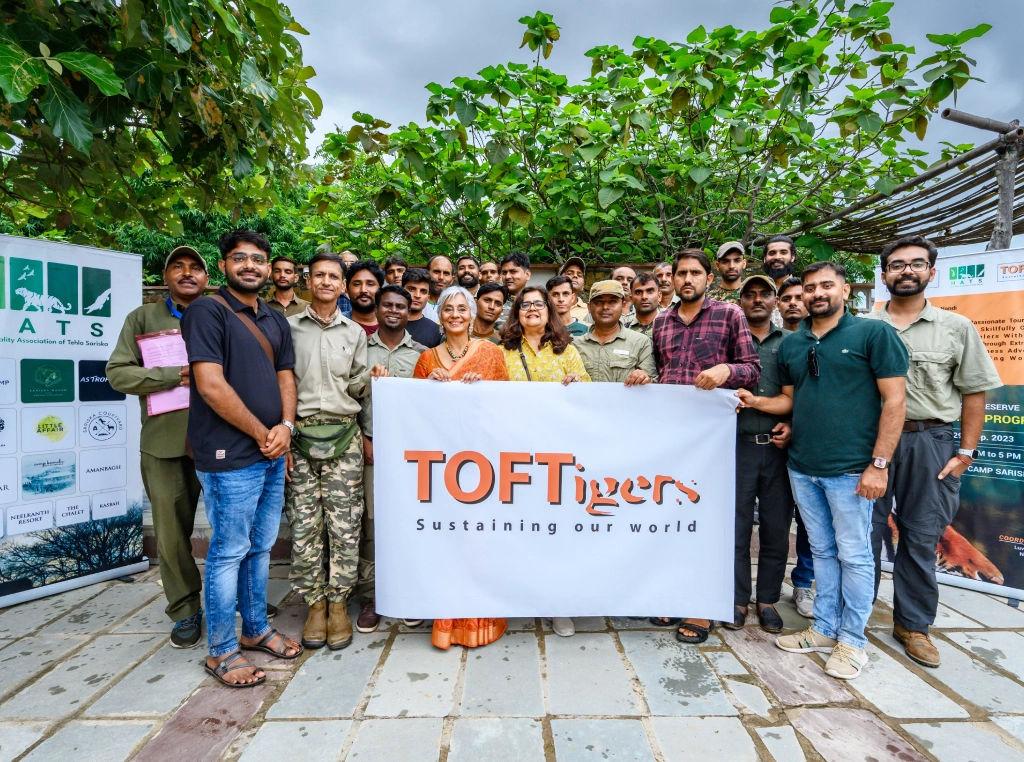Hotel Story
Naturalist Luv Shekhawat founded Utsav Camp inspired by childhood memories and his grandfather’s conservation legacy. With over two decades of hospitality experience, Luv began his journey in 2011, acquiring barren land near Sariska Tiger Reserve. Under his grandfather’s guidance, he immersed himself in rewilding the terrain, planting indigenous trees like palash, neem, and jamun, transforming desolate ground into a thriving ecosystem before welcoming guests in October 2015.
Luv’s philosophy centres on creating deep connections between guests and the wild landscape through slow living and zero-mile sustainability principles. The camp invites visitors to disconnect from urban life while recharging through meaningful encounters with nature.
This serene boutique eco-retreat sits surrounded by boulders, deciduous forests, and the Aravalli Range. Constructed entirely from local stone, bamboo, terracotta, and rosewood, the camp operates on solar energy with greywater recycling and composting systems. Stone cabins, forest bungalows, and forest villas feature private terraces and stargazing beds. Curated experiences include guided nature walks, Sariska safaris, boulder hikes with sundowners, birdwatching, spa sessions, and al fresco dining celebrating local ingredients.
Utsav Camp Sariska stands for sustainability, mindful travel, and eco-conscious restoration. The camp operates with a zero-mile, low-carbon ethos—employing local staff, growing its own produce, avoiding plastic, flourishing through solar power, water recycling and minimal landscape disturbance. It promotes slow living, nature immersion, and wildlife respect—no loud music, no partying, just peace and presence.











